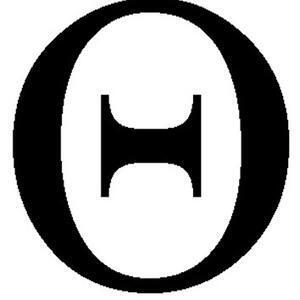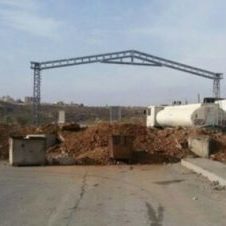- Houthi rebels in Yemen have reportedly acquired hydrogen fuel cell components, enhancing the group’s drone capabilities and potentially tripling flight range. This upgrade poses significant threats to regional targets, including ships and infrastructure.
- Researchers discovered smuggled components, including compressed hydrogen tanks mislabeled as oxygen cylinders, linked to Chinese companies.
- The Houthis’ advanced drone technology raises concerns about increased risks to ships and infrastructure amid stalled Israel-Hamas ceasefire talks.
Full Story
Houthi rebels in Yemen are reportedly upgrading their drone technology with hydrogen fuel cell components that could significantly extend flight range and reduce detection risks.
A recent report by Conflict Armament Research found evidence that smuggled hydrogen fuel cell systems could allow Houthi drones to travel up to three times farther than those powered by traditional lithium batteries or gas engines.
Hydrogen fuel cells generate electricity by combining compressed hydrogen and oxygen across charged metal plates, producing water vapor with minimal heat or noise emissions.
If successfully integrated, these systems could make Houthi drones more difficult to track using infrared and acoustic sensors. It would also allow them to target ships and infrastructure beyond the Red Sea.
Where did the hydrogen fuel cell components originate?
Weapons researchers working alongside Yemen’s National Resistance Forces discovered shipments of compressed hydrogen tanks mislabeled as oxygen cylinders. The cargo also included small European-made engines capable of powering cruise missiles, radar and ship-tracking systems and hundreds of commercial drones.
Shipping documents linked the hydrogen fuel cell components to companies in China, though it remains unclear whether the materials were supplied directly by Chinese manufacturers or through intermediaries.
The discovery suggests that the Houthis may be developing a new supply chain for weapons components beyond their traditional reliance on Iran.
What impact have Houthi attacks had on the region?
For more than a year, the Houthis have launched missile and drone strikes on commercial and military vessels in the Red Sea, claiming solidarity with Palestinians in Gaza. Their attacks have disrupted global shipping and led to retaliatory airstrikes from U.S. and Israeli forces.
Although Houthi strikes slowed after an Israel-Hamas ceasefire in January, the group recently announced plans to resume attacks on Israeli-linked vessels, citing Israel’s refusal to allow more humanitarian aid into Gaza.
The group’s Humanitarian Operations Coordination Center said that it aims to block Israeli-associated ships in the Red Sea, the Gulf of Aden, the Bab el-Mandeb Strait and the Arabian Sea.
Maritime security analysts warn that the Houthis’ broad definition of “Israeli vessels” could increase risks for ships owned, managed or operated by Israeli entities, as well as vessels traveling to Israeli ports.
How has the US responded?
Since Hamas’ Oct. 7, 2023, attack on Israel, the Houthis have publicly aligned with the group, targeting over 100 merchant vessels and launching more than 350 drones and missiles at Israel. The ceasefire between Hamas and Israel, which came into effect on Jan. 19, briefly halted these attacks, but negotiations for a second phase stalled on March 1.
Hamas rejected a U.S. proposal to extend the ceasefire during Ramadan, prompting Israel to freeze aid shipments to Gaza and warn of “further consequences” if talks remained at a standstill.
Houthi leader Abdul-Malik al-Houthi threatened to resume missile attacks on Israel, specifically targeting Tel Aviv if the conflict in Gaza escalates. The group gave Israel a four-day deadline to reopen aid crossings to Gaza, which has since expired.
Broader implications of Houthi drone advancements
The U.S. State Department reclassified the Houthis as a foreign terrorist organization on March 4, just over a month after President Donald Trump signed an executive order directing the reclassification.






































































